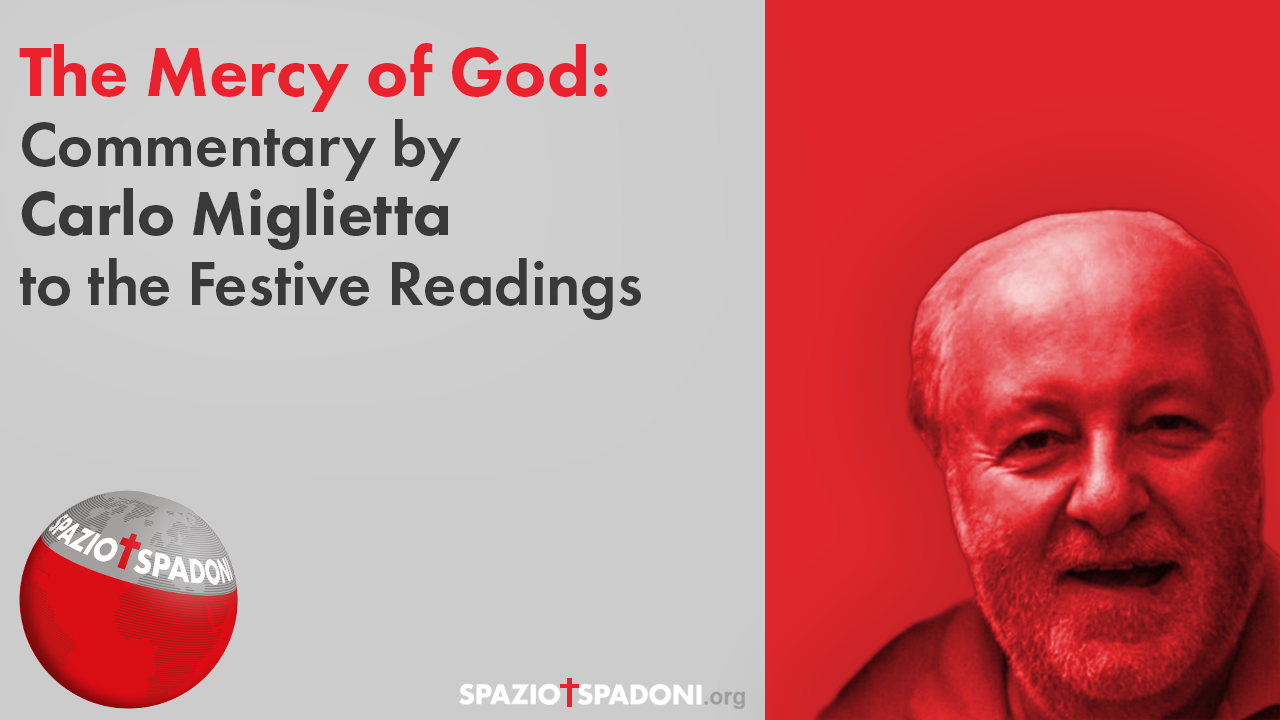
VI Sunday B – Jesus Heals Us
Readings: Lev 13:1-2,45-46; 1 Cor 10:31-11:1; Mk 1:40-45
Jesus touches the untouchables
Legally, the leper was considered a dead person: to heal a leper was to effect a resurrection; to heal a leper was an act that heralded the coming of the Messiah. In addition, the leper was an unclean person who had no equal: “The leper stricken with leprosy will wear torn garments and his head uncovered, he will cover his beard and go shouting, “Unclean! Unclean!”…; he is unclean, he shall stand alone, he shall dwell outside the camp” (Lev 13:45-46: First Reading).
Jesus breaks his Father’s Law, the Torah, the Old Testament Law: in today’s Gospel he touches an untouchable, he makes a revolutionary gesture. Let’s look at this subversive Jesus, who lines up sinners, who chooses him disciples, who has a female following too, who touches the untouchables.
He comes to the leper, kneels down and says, “If you want, you can heal me.” Faith is the condition for the miracle. Beautiful! It is not the miracle that produces Faith, the miracle is not propaganda to make people believe, but it is by adhering to Christ, it is by kneeling before him that I am healed of my leprosy.
Jesus, the Mercy of God
“Moved with compassion he stretched out his hand” (v. 41): the verb is splanchnisthèis, the Greek version of the Hebrew rehamin, a term that properly expresses the bowels, the seat of the emotions, our “heart”: it is a plural form of réhèm, the maternal breast, the female womb. It is the spontaneous feeling that arises from the bond of fatherhood, motherhood or brotherhood (Sl 103:13; Jer 31:20; Is 63:15-16). Faced with every infirmity or need, Jesus “is moved,” “feels compassion.” These are very strong terms that we find in the Gospels to express the Lord’s feelings when faced with the leper (Mk 1:41), the leaderless and hungry crowds (Mk 6:34; 8:2), the people who can’t take it anymore (Mt 9:36), the sick (Mt 14:14), the widow of Naim (Lk 7:13)…
Pope John Paul II wrote: “Above all, by his lifestyle and actions, Jesus revealed how love is present in the world in which we live, love at work, love that reaches out to man and embraces all that forms his humanity. Such love is particularly noticeable in contact with suffering, injustice, poverty, with the whole historical human condition, which in various ways manifests man’s limitedness and frailty, both physical and moral. Precisely this manifestation of divine love is called, in biblical language, mercy.”
The poor evangelize us
The leper disobeyed Jesus Christ who told him to be quiet, and “having gone away, he began to proclaim and spread the fact, to the point that Jesus could no longer enter a city publicly, but stood outside in deserted places, and they came to him from all sides.”
But Jesus does not rebuke him: as Paul says in the second reading, regarding the question about idolotites, that is, whether or not it was permissible to eat meat immolated to idols, first of all, we should not scandalize anyone, but “strive to please everyone in everything,” in imitation of Christ and his gentleness.
The ending is beautiful, almost humorous: the poor, the marginalized become the first apostles. This man who was set free by the Lord made such an apostolate, such a propaganda that Jesus could no longer enter the city. May we, too, be so won over by the Lord’s salvation that we become its irrepressible heralds and witnesses!
We must remember that it is the poor who evangelize us. They are the ones who teach us the value of life, the value of smiling, sharing, being together, being faithful to the Lord, being amazed at the Word. Sometimes it is precisely those we marginalize that save us: the discarded stone that becomes a cornerstone. Being with the poor is not paternalism: the poor can become the first proclaimers of the Gospel for us.
“He stood outside in deserted places” (v. 45): this is a great admonition for us as well. The Church does not always have to have a word for everything. It must know how to be silent in order to proclaim a hidden Mystery, a hidden God; it must know how to proclaim a God who goes off into the wilderness instead of going out to perform miracles, a God whose logic is not our logic.
